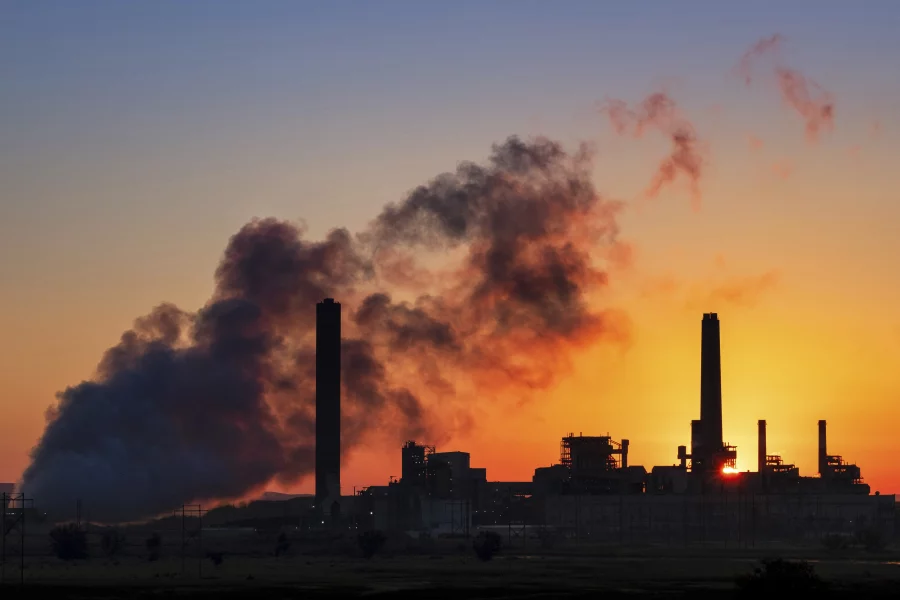 A new study of 100 private water wells in and near the Barnett Shale showed elevated levels of potential contaminants such as arsenic and selenium closest to natural gas extraction sites, according to a team of researchers that was led by UT Arlington associate professor of chemistry and biochemistry Kevin Schug.
A new study of 100 private water wells in and near the Barnett Shale showed elevated levels of potential contaminants such as arsenic and selenium closest to natural gas extraction sites, according to a team of researchers that was led by UT Arlington associate professor of chemistry and biochemistry Kevin Schug.
The results of the North Texas well study were published online by the journal Environmental Science & Technology Thursday. The peer-reviewed paper focuses on the presence of metals such as arsenic, barium, selenium and strontium in water samples. Many of these heavy metals occur naturally at low levels in groundwater, but disturbances from natural gas extraction activities could cause them to occur at elevated levels.
“This study alone can’t conclusively identify the exact causes of elevated levels of contaminants in areas near natural gas drilling, but it does provide a powerful argument for continued research,” said Brian Fontenot, a UT Arlington graduate with a doctorate in quantitative biology and lead author on the new paper.





 The aurora could be visible across Canada and much of the northern tier of US states...
The aurora could be visible across Canada and much of the northern tier of US states... The Trump administration sued two California cities on Monday, seeking to block local laws that restrict...
The Trump administration sued two California cities on Monday, seeking to block local laws that restrict... For years, the Environmental Protection Agency has assigned a dollar value to the lives saved and...
For years, the Environmental Protection Agency has assigned a dollar value to the lives saved and... 6.5 magnitude earthquake shook the Mexican state of Guerrero in the southern part of the country...
6.5 magnitude earthquake shook the Mexican state of Guerrero in the southern part of the country...






























